
Creasse Newsletter #1
First steps towards a more inclusive economy in our rural communities
We are excited to share with you the first significant results of Creasse! Dedicated to strengthening the rural social and solidarity economy across Europe, the project has already made inspiring and tangible progress in its early months!





An European map of alliances in the Social and Solidarity Economy
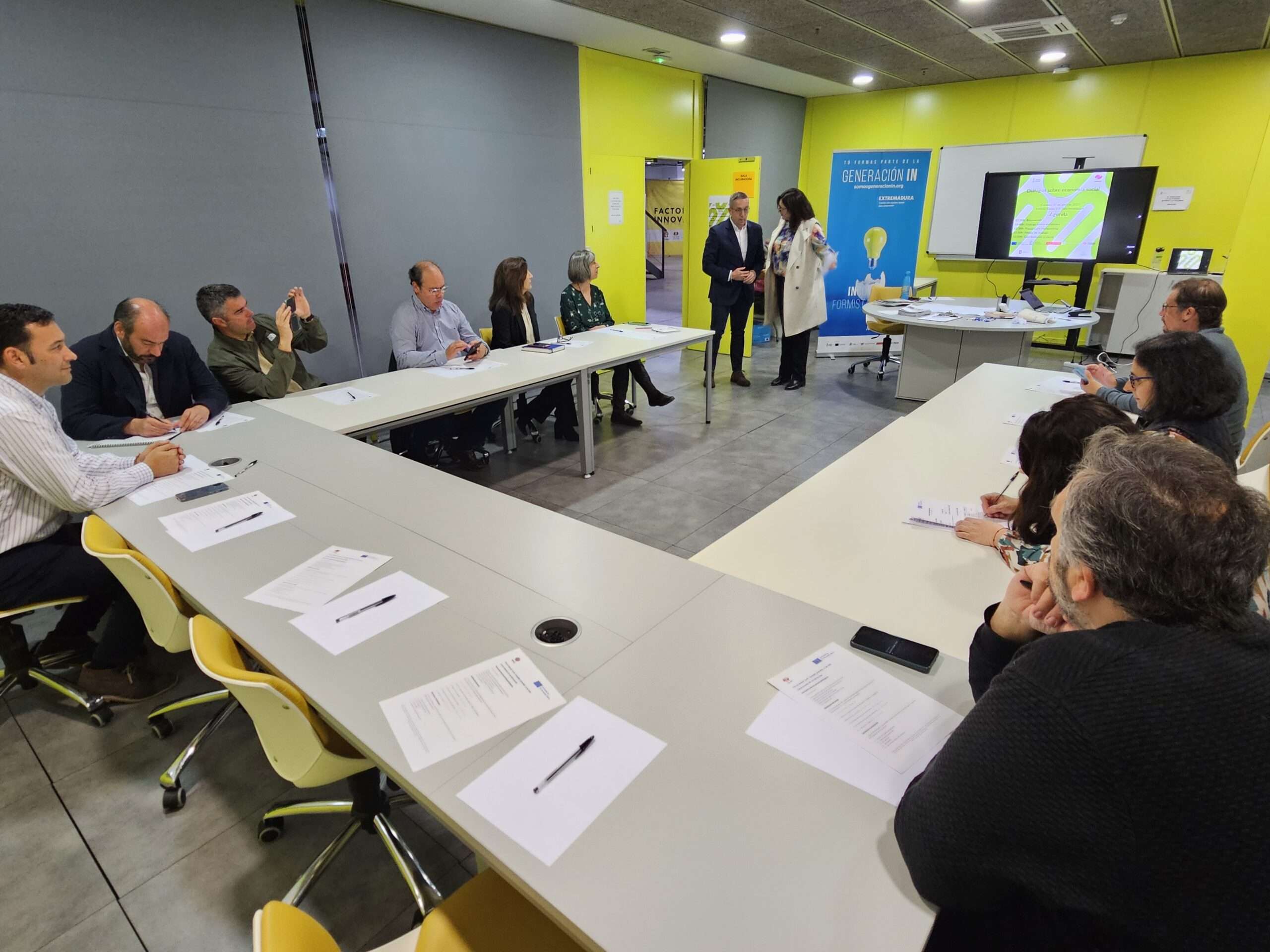
One of our main goals is to create a strong network of collaboration among rural Social and Solidarity Economy stakeholders at the European level. To this end, we conducted strategic focus group meetings in all partner countries, bringing together experts, practitioners, and representatives of key organizations from the Social and Solidarity Economy (SSE) sector.
Why? The focus groups were designed to gather detailed information and diverse perspectives in order to develop a European map of existing and potential alliances. This map aims to identify actors, initiatives and opportunities for synergy that can contribute to a more robust and interconnected growth of the social and solidarity economy in rural areas. So far, we have identified 139 stakeholders and 83 of them participated in the focus group cafés.
How? During the focus groups, key topics such as common challenges, best practices, existing gaps, and strategies to strengthen both local and transnational cooperation were discussed. Participants shared their experiences and visions, providing valuable inputs that will be crucial in structuring the map that will soon be online on the website.
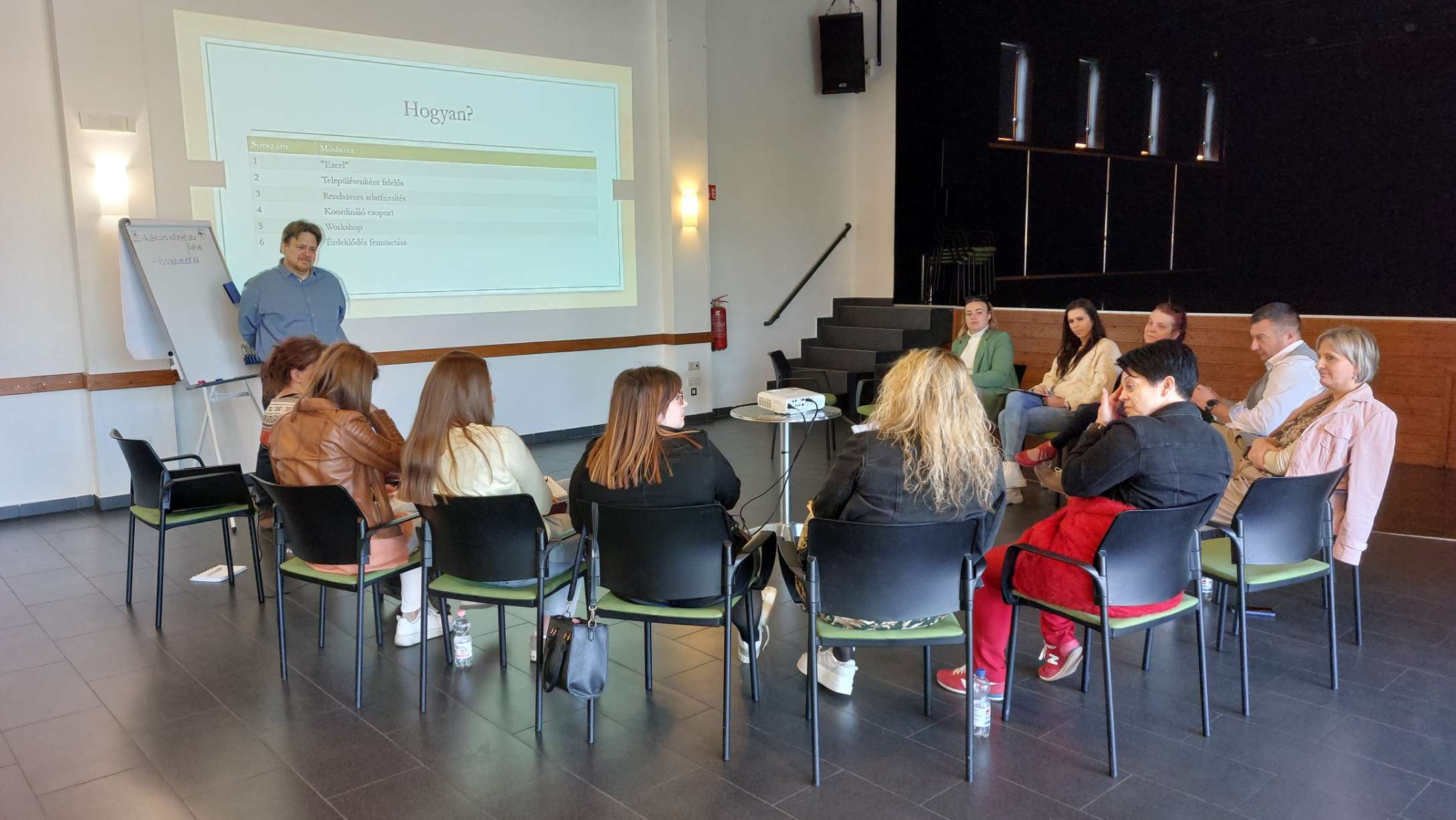
The initial results. The feedback gathered was extremely rich and diverse, highlighting both the breadth of existing initiatives and the need for more effective tools to connect and support them. Both the need for connections that facilitate the exchange of knowledge and identification of partners for future projects and the difficulties that emerge at the bureaucratic level in the development of social and solidarity economy activities emerged. This preliminary data will allow us to draw a map that is not just a list of contacts, but a dynamic tool for the creation of new collaborations and the strengthening of existing ones.
Sharing European Success Stories in the Social and Solidarity Economy
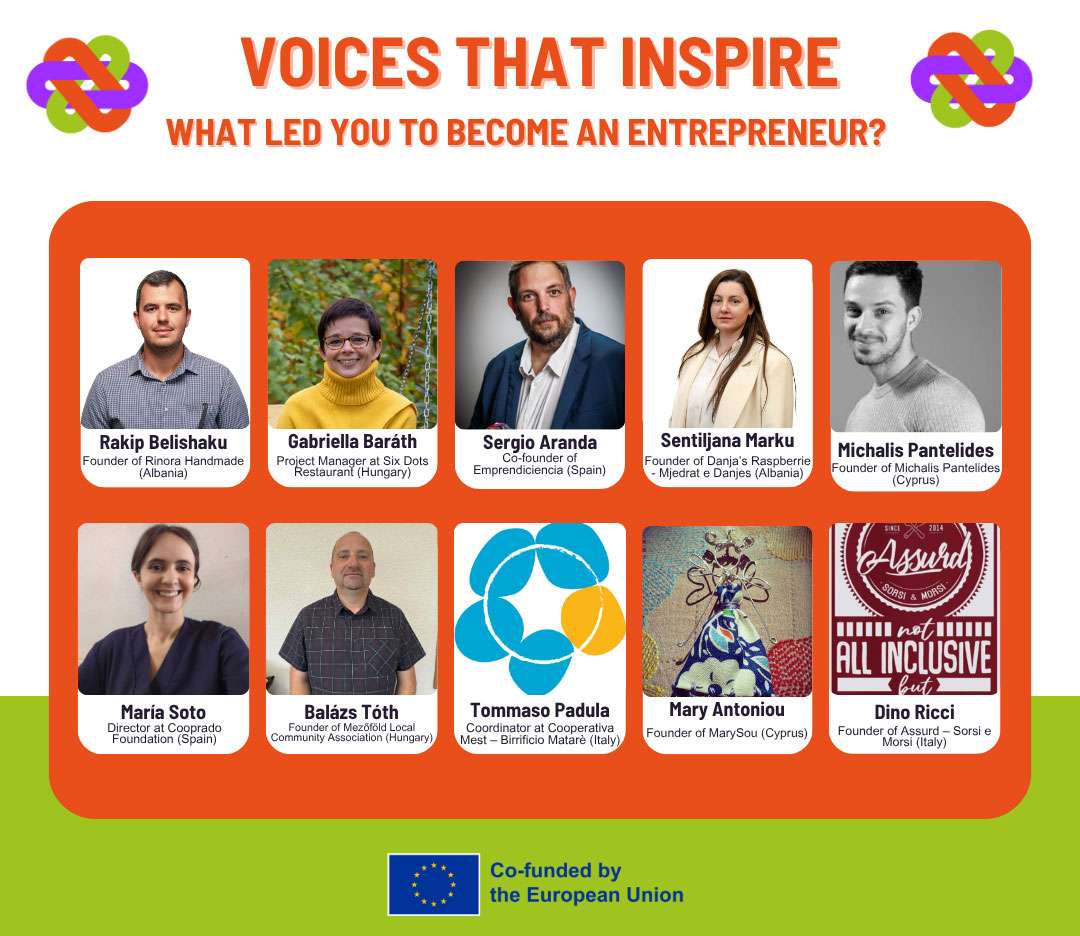
The importance of the Social and Solidarity Economy is becoming more and more recognised worldwide, in fact 2025 was declared by the United Nations the international year of the cooperatives, themed “Cooperatives Build a Better World”.
With the aim of promoting best practices, inspire and create interconnections in this sector, Creasse project partners have conducted the online event “Voices that inspire” dedicated to sharing success stories from across Europe focused on the social and solidarity economy sector, including cooperatives. The objective was to hear inspiring voices of people that have started their own collective enterprise in order to activate the SSE ecosystem and to inspire aspiring entrepreneurs to launch their own business in a rural area.
The event aimed also to highlight the positive impact of social enterprises and organizations by making their experiences and strategies accessible to a wider audience. The stories shared in the event covered a wide range of sectors, from social farming to sustainable fashion, from producing local arts and crafts to creating 100 percent natural sponges and cosmetics.
The story sharing event was recorded and is available in the following video:
To learn more about the event you can read the article here.
Social and Solidarity Economy in practice: stories from study visits
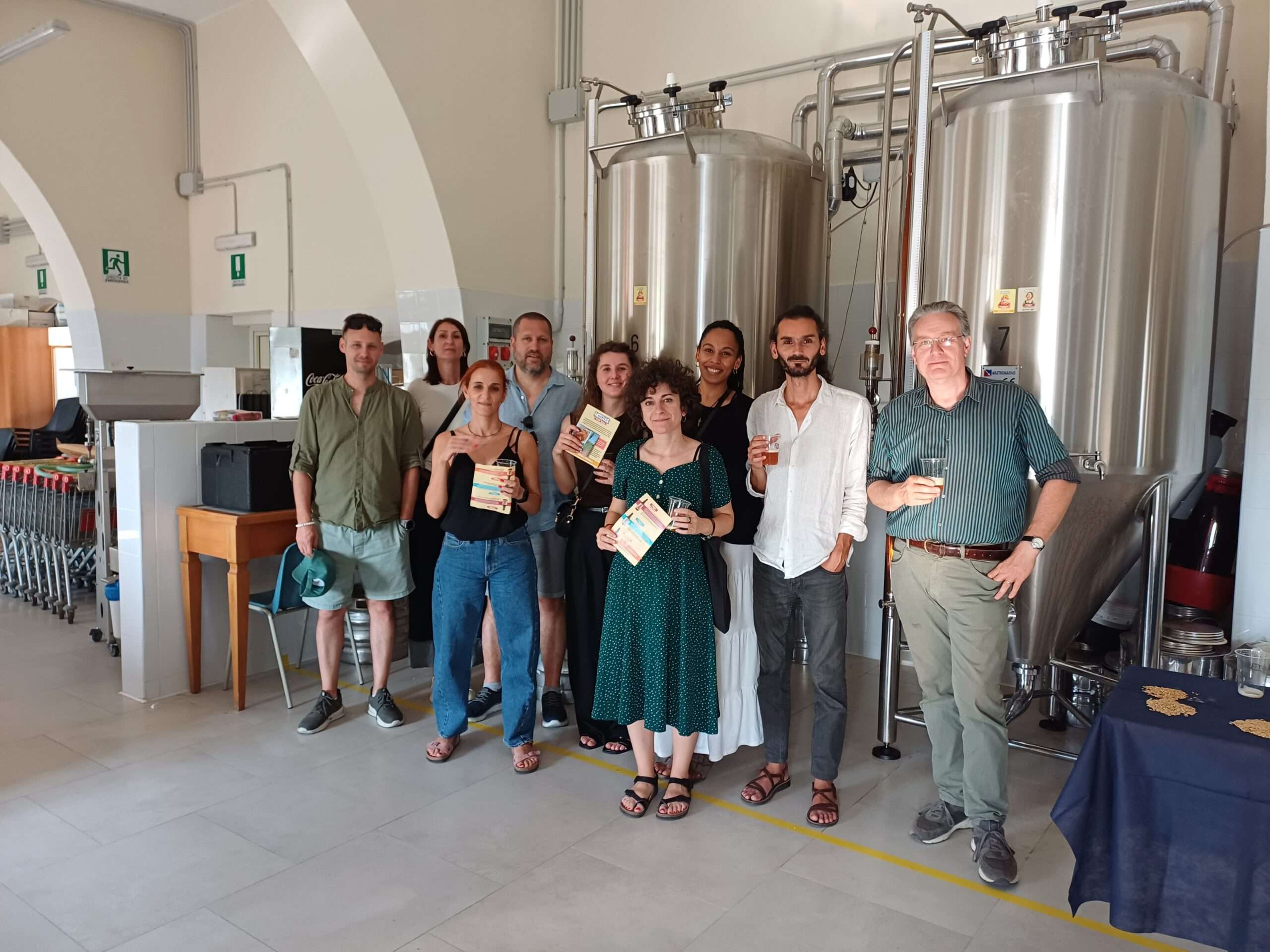
Villartesana de Alburquerque: traditional cakes in Extremadura. As part of exchange and learning activities in the Social and Solidarity Economy sector, a delegation from Creasse project had two significant study visits in previous months. The first one took place in the bakery Villartesana, in Extremadura, Spain. This particular bakery stands out not only for its traditional products but also for its inspiring origins: it was established by two enterprising women through a microcredit initiative.
During their time at the bakery, Creasse’s team had the opportunity to observe firsthand the daily operations and discuss the challenges and triumphs faced by its founders. The two owners, Conchi and Ana Luz, shared their experiences in navigating the initial stages of their entrepreneurial journey, from recuperating ancient recipes from the local region to securing the microcredit foundations.
Matarè: Craft Beer and Social Inclusion in Basilicata. The second study visit recently took place at Matarè Brewery (located in Matera, Italy), an excellence in the field of social and inclusive economy anchored in the rural area of Basilicata region.
Matarè is part of the MEST social cooperative and operates in the field of craft beer production. Their distinctiveness lies in their choice to use local and homegrown agricultural products to make so-called agricultural beer, thus supporting the local economy and promoting sustainable agricultural practices. Another very significant element is their commitment to the social inclusion of people at risk of exclusion, providing possibilities for on-the-job training, job shadowing and concrete employment opportunities.
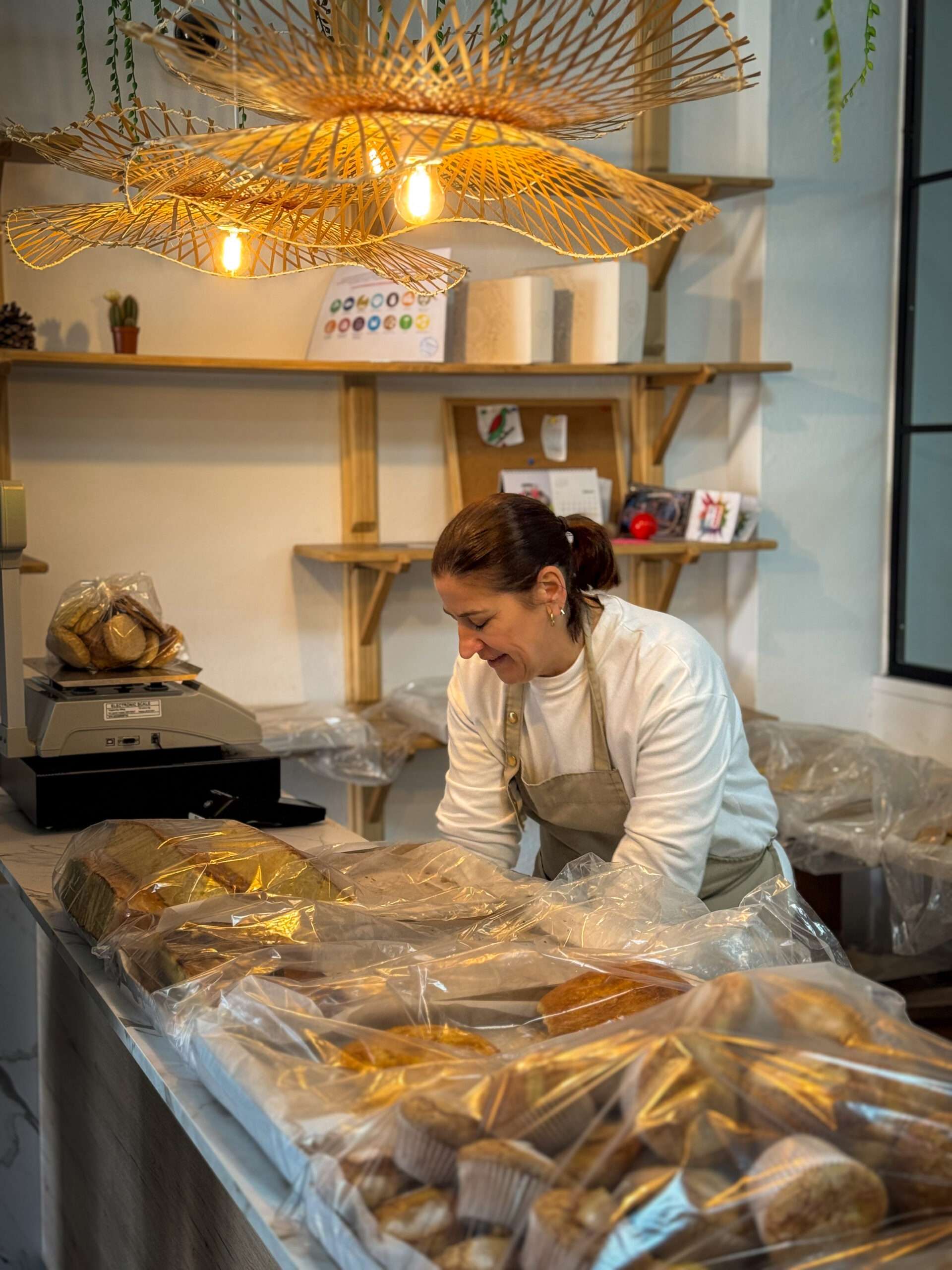
The visit allowed participants to gain an in-depth understanding of Matarè’s business model, their mission and vision, their production strategies, and especially their approach to social inclusion. Partners visiting Matarè brewery in Matera, had the opportunity to interact directly with Tommaso Padula, the brewery coordinator, learning from his experiences and the challenges he has faced and overcome during the years.
The Impact. The experience at Villartesana and Matarè was really inspiring. It provided a concrete example of how a rural social enterprise can be economically sustainable and at the same time generate social impact. The lessons learned from these visits will be put in value in future Creasse activities, with the aim of disseminating more and more good practices and encouraging other organizations to follow inclusive and sustainable development models.
We thank Villartesana and Matarè for welcoming us and sharing their valuable experiences!
These first months of Creasse have demonstrated the potential and vitality of the rural Social and Solidarity Economy in Europe. Through mapping alliances, sharing success stories and inspiring study visits, we are building the foundation for a more collaborative, inclusive and sustainable ecosystem. If you are curious to learn more about Social and Solidarity Economy, please find here the articles we have published so far and stay tuned for more updates and new initiatives!
